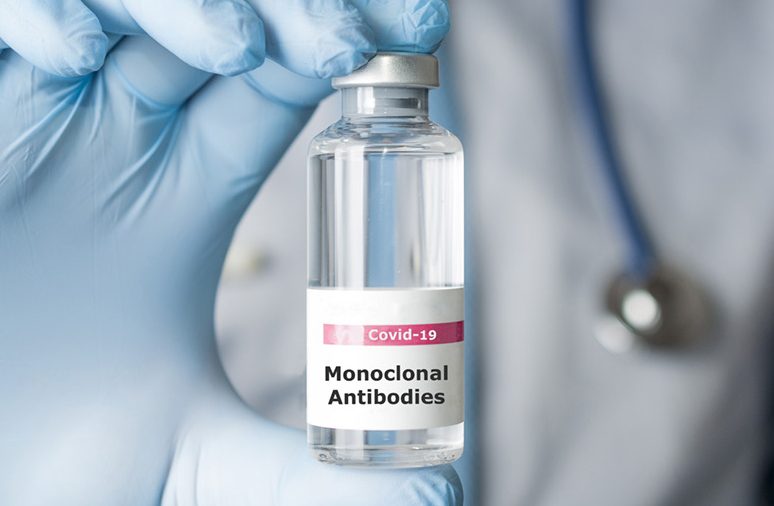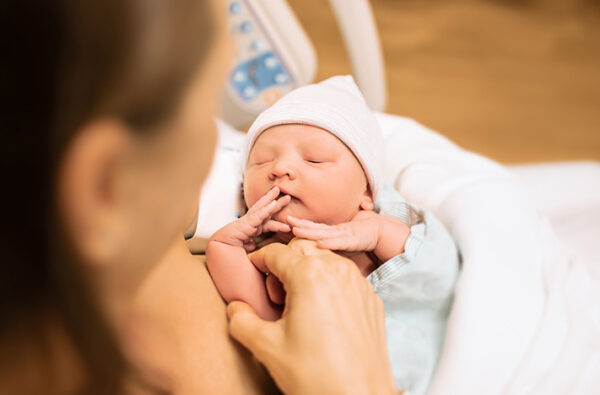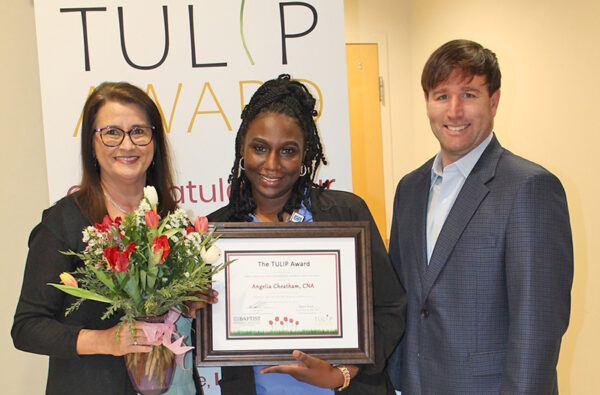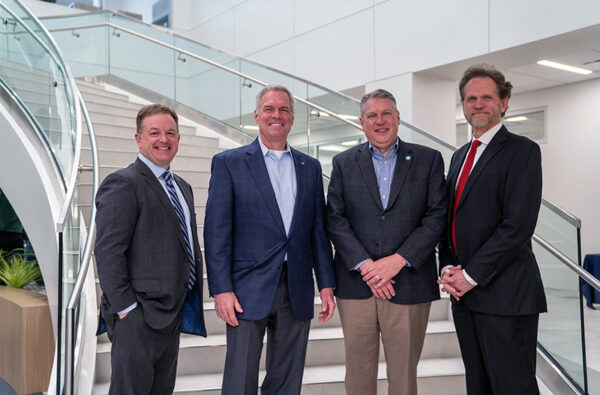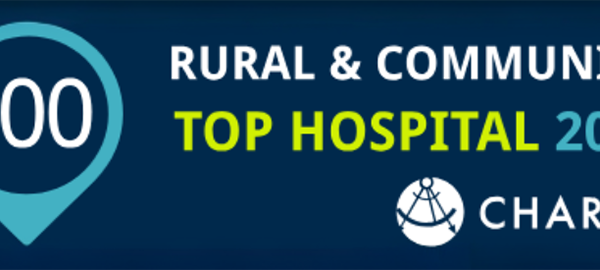Monoclonal antibody (mAb) treatment is making a big difference in the lives of COVID-19 patients. Since mAb treatments were first offered in November 2020, Baptist has been working to ensure to a smooth process for making the important treatment available for those who need it. All markets served by Baptist have access to mAb treatment, and it’s currently available across 17 Baptist locations, including hospitals and Baptist Medical Group clinics.
So far, more than 17,000 mAb treatments have been administered by Baptist, and no one has been turned away due to lack of supply. One Baptist Carroll County patient was so impressed by her mAb treatment, she talked to the media to encourage others to try it. Read the coverage from Local24 Memphis here: West Tennessee woman encourages others struggling with COVID to get monoclonal antibody treatment.
Monoclonal Antibody Treatment Helps Patients and Hospitals
A very low percentage of patients who receive mAb treatment need to be hospitalized due to disease progression. That’s good news for both patients and hospitals. The treatment reduces hospitalizations and helps keep hospitals from being overwhelmed with severe COVID patients. That means hospitals have more availability to treat patients with other medical needs, and resources are less strained.
“Monoclonal antibody treatment is indicated to prevent individuals from progressing to severe COVID, which is great for patients, but it’s really great for the health care system to keep the hospitals open and free to treat the very sickest of patients. And it really did that. It did that in the clinical trials and we looked at our own data. The percentage of patients with high-risk criteria who received the treatment and needed to be hospitalized was very low, just as the clinical trials would show, so we’ve been very pleased with the outcome,” said Jillian Foster, pharmacy administrator for Baptist Memorial Health Care.
Treatment Is Administered Quickly Without a Prior Clinic Visit
Patients do not need to be referred by a doctor to receive mAb treatment, but an appointment and screening for eligibility are necessary. Treatment is offered as a 20-minute infusion, or as a series of four shots given during one visit. Each option requires the patient to remain under observation for one hour after treatment is dispensed. The treatment has proven safe with few reactions.
Monoclonal Antibody Treatment Remains Effective Against Delta Variant
“The very first monoclonal antibody product that was approved began to show some lack of effectiveness against the delta variant. Thankfully, there was a monoclonal antibody combination product with two medications in it (casirivimab and imdevimab) that held up well against the delta variant. So, we were able to use that. We followed the research closely and changed products with the course of the pandemic,” said Jillian.
Because demand for mAb picked up with the delta variant surge during the summer, the state departments of health started facilitating the distribution of mAb throughout the country. They take requests and the prior week’s number of administrations and help direct the wholesalers on where to send the product. Baptist has been able to maintain a good supply because of its attentiveness to inventory, moving product to different Baptist locations as needed.
High-Risk Patients at Beginning of COVID Illness are Eligible
Treatment is effective if given within the first 10 days of experiencing symptoms or testing positive, so delaying testing could make patients ineligible. To receive mAb treatment , the patient who has tested positive must be at high risk for progressing to severe COVID-19 disease. These patients may be unvaccinated, or not expected to mount a full response to the vaccine.
High-risk patients who have been exposed but have not yet tested positive are also eligible if they have not been vaccinated or are not expected to mount a response to the vaccine. Vaccinated individuals experiencing a breakthrough infection are eligible if they’re at high risk.
People who are age 65 or older, pregnant or use certain medical devices are considered high risk. Patients are also considered high risk if affected by obesity, diabetes, heart conditions, chronic lung diseases, sickle cell disease, neurodevelopment disorders, immunosuppressive disease or immunosuppressive treatment.
Read more about Monoclonal Antibody Treatment at Baptist.

